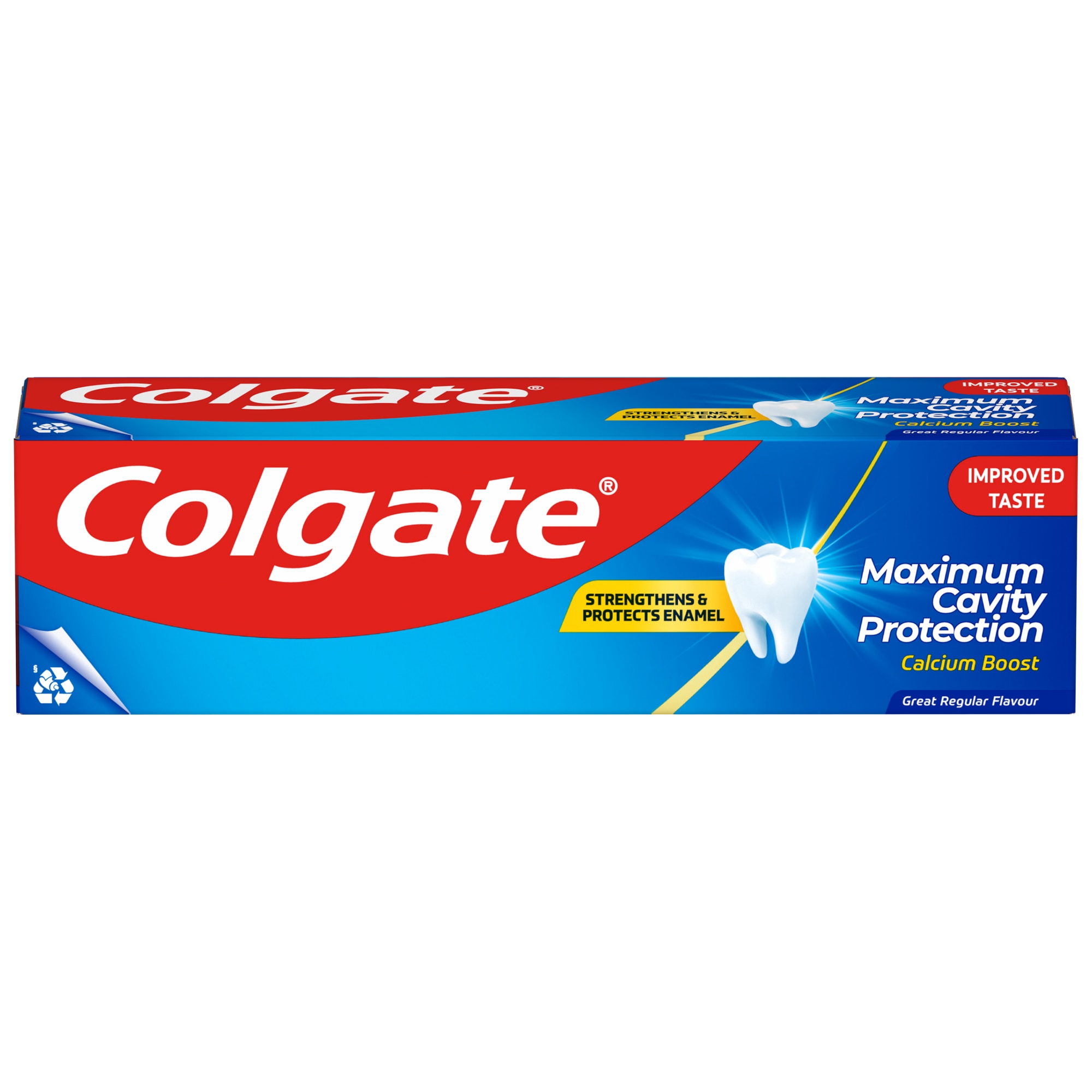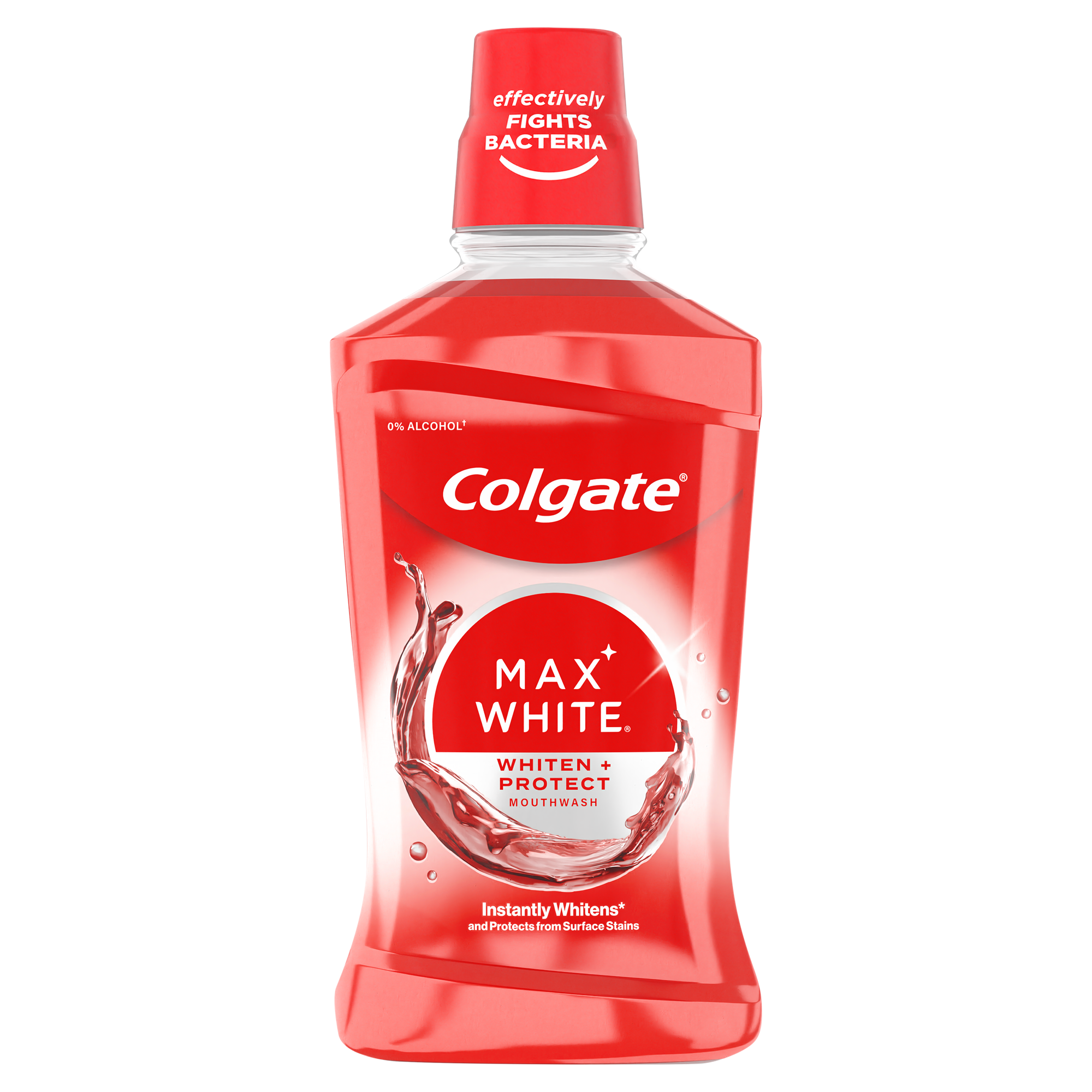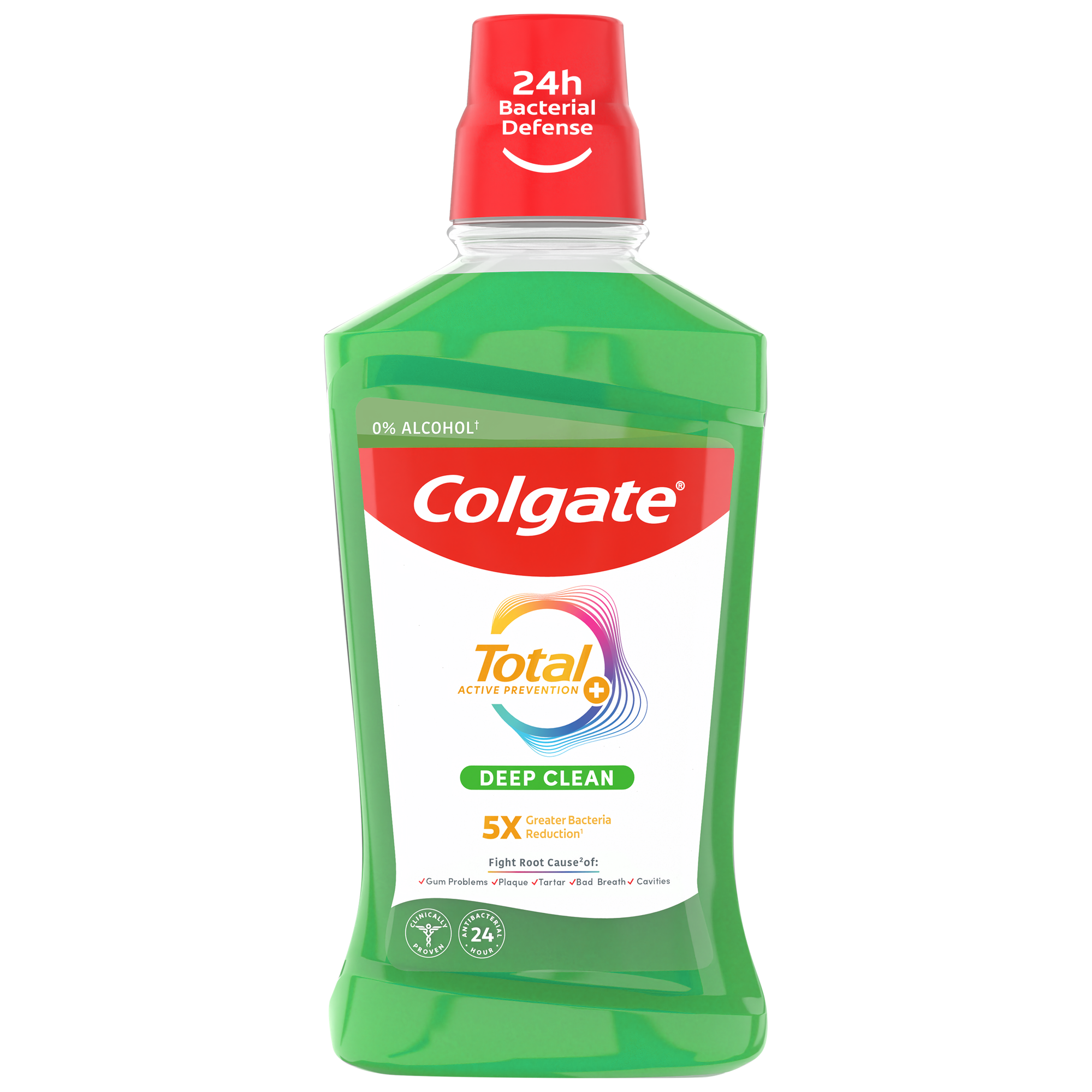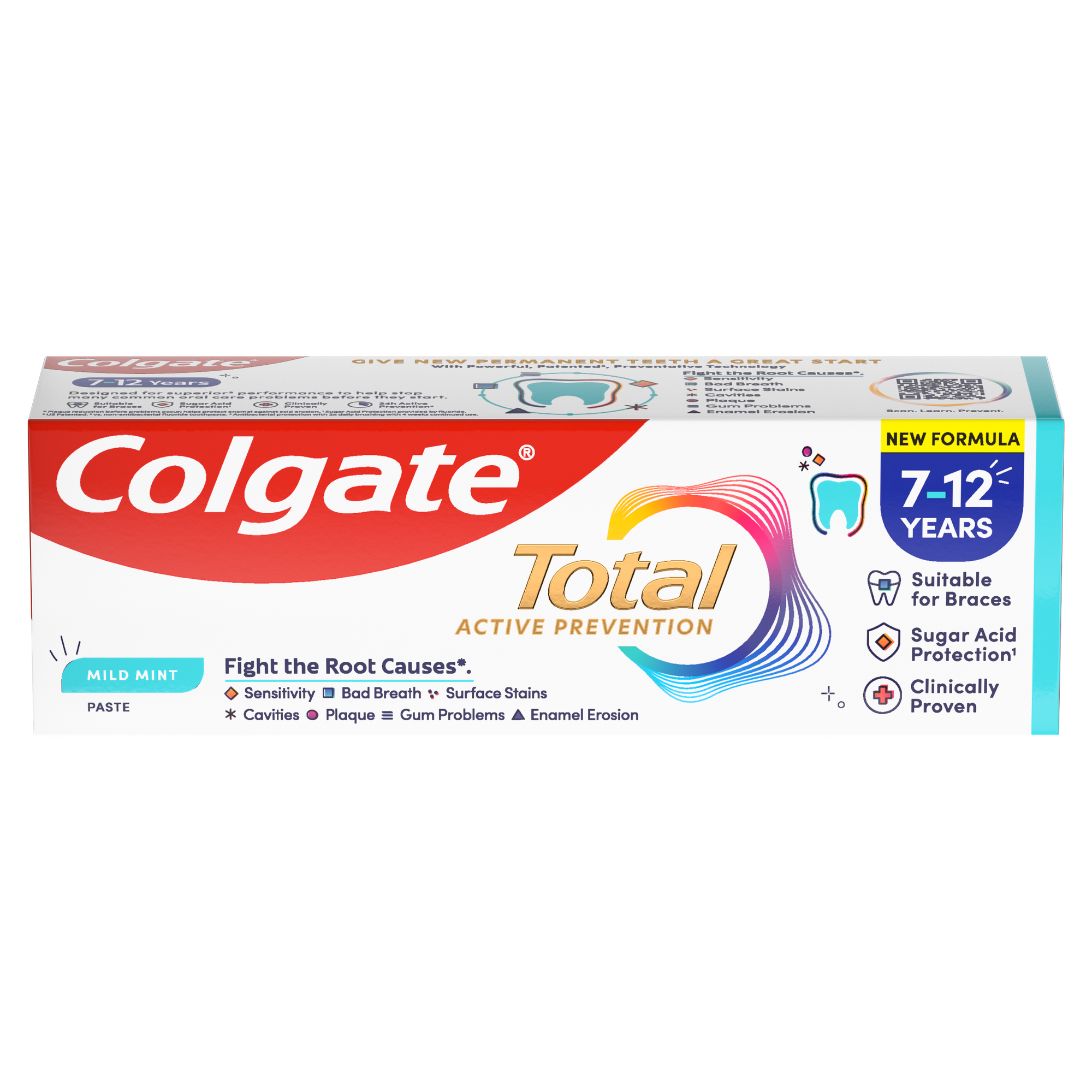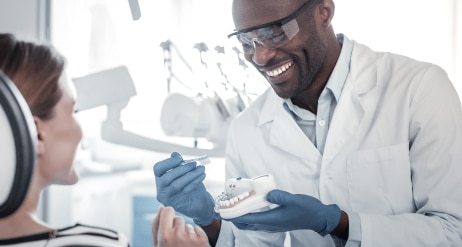Purpose of Wisdom Teeth
According to research published in the International Healthcare Research Journal, thousands, of years ago our wisdom teeth were meant to help us chew. They allowed early humans to chew on tougher food items when our jaws were wider and could accommodate our last molars. Today, it's a different story. Over time, we've developed smaller jaws — which often means less room for the final molars to erupt.
What Age Do Wisdom Teeth Come In?
Wisdom teeth, also known as third molars, are the last of the permanent teeth to make an appearance. They typically will erupt for most between the ages of 19 to 20.
But according to the Royal College of Surgeons, wisdom teeth start growing at a much earlier age, usually 7-10 years old. A study from the Journal of Clinical and Diagnostic Research notes the entire process takes years and is unique:
- The tooth calcifies
- The crown begins to form
- The root develops
- And finally, the teeth emerge through the gums
Men typically see their wisdom teeth before women. And it's usually the upper molars that are appearing first.
Signs of Eruption
It's possible you could experience some pain and discomfort as your wisdom teeth break through. Fortunately, that should cease after the tooth and teeth have fully emerged. Some don't experience any symptoms at all. If you experience soreness or pain, over-the-counter pain relievers or gently swishing warm salt water in the mouth usually does the trick.
Some have no wisdom teeth at all, or they just never fully erupt. While some, usually 17-25 years old, experience problems that include:
- Lingering pain
- Pressure in back jaw
- Or gum swelling
Reasons for Extraction
The National Institute for Health and Care Excellence guidelines state that 80% of dental patients 38 years old or younger need to get at least one of their wisdom teeth removed. The numbers don't lie. And there are good reasons for removal. The most common:
- For preventive measures, so your mouth isn't overcrowded, leading to plaque build-up, decay, or gum disease
- The tooth is unable to break through the gums and has become impacted, leading to increased pain, swelling, and infection
It would be wise to remove a wisdom tooth when it's recommended. According to the Royal College of Surgeons, not removing them can cause pericoronitis, an infection in the tissues surrounding a partially emerged tooth. It's even possible for tumours or cysts to develop. So listen to your dentist — they've got your teeth's best interest in mind.
When to Consult Your Dentist
If you're seeing your dentist regularly, you're ahead of the game. They will be monitoring your third molars should they need attention or removal. And it also doesn't hurt to start having the wisdom teeth conversation (scenarios, possibilities, etc.) once you hit your teen years. If a permanent tooth has not come in when expected, Dental Nursing says this may be because it is impacted. If you are worried about the delay, schedule a visit to your dentist who can make sure there are no complications. Being proactive when it comes to wisdom tooth development is crucial to ensuring quality oral health.
When the time is right, your wisdom teeth will come in. And chances are, you'll need them removed. Talk to your dentist for any questions or concerns you may have about your wisdom teeth.
This article is intended to promote understanding of and knowledge about general oral health topics. It is not intended to be a substitute for professional advice, diagnosis or treatment. Always seek the advice of your dentist or other qualified healthcare provider with any questions you may have regarding a medical condition or treatment.
